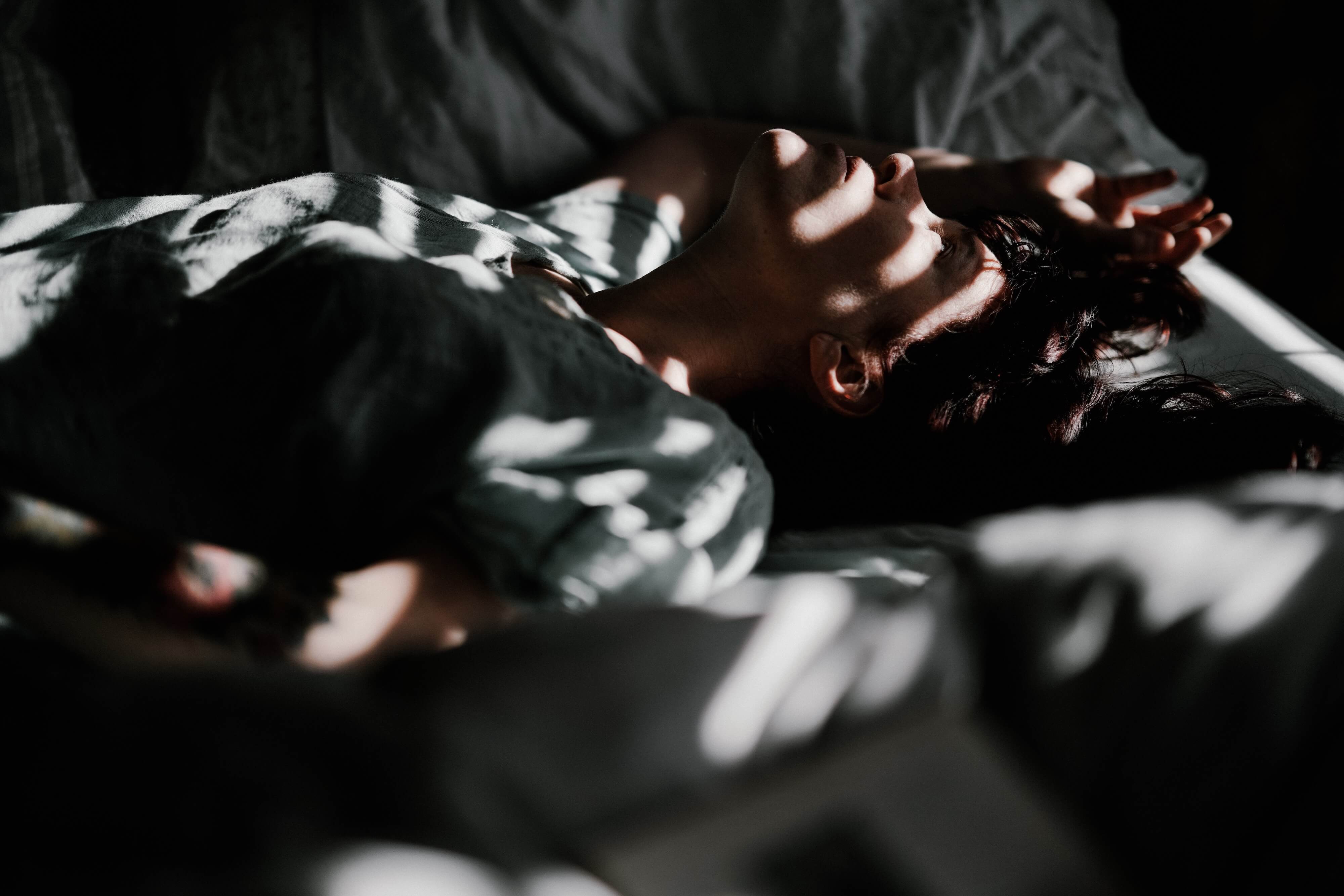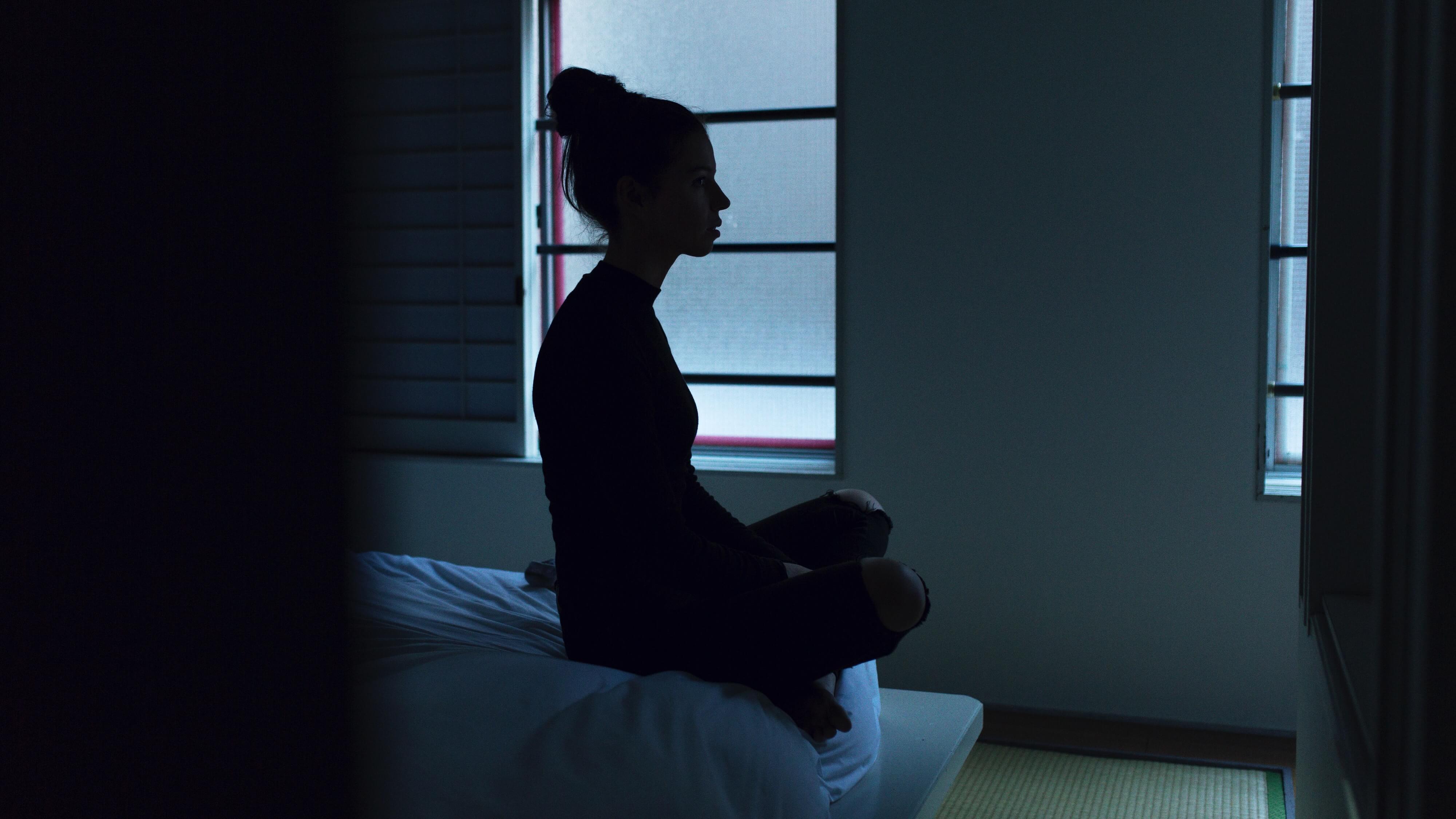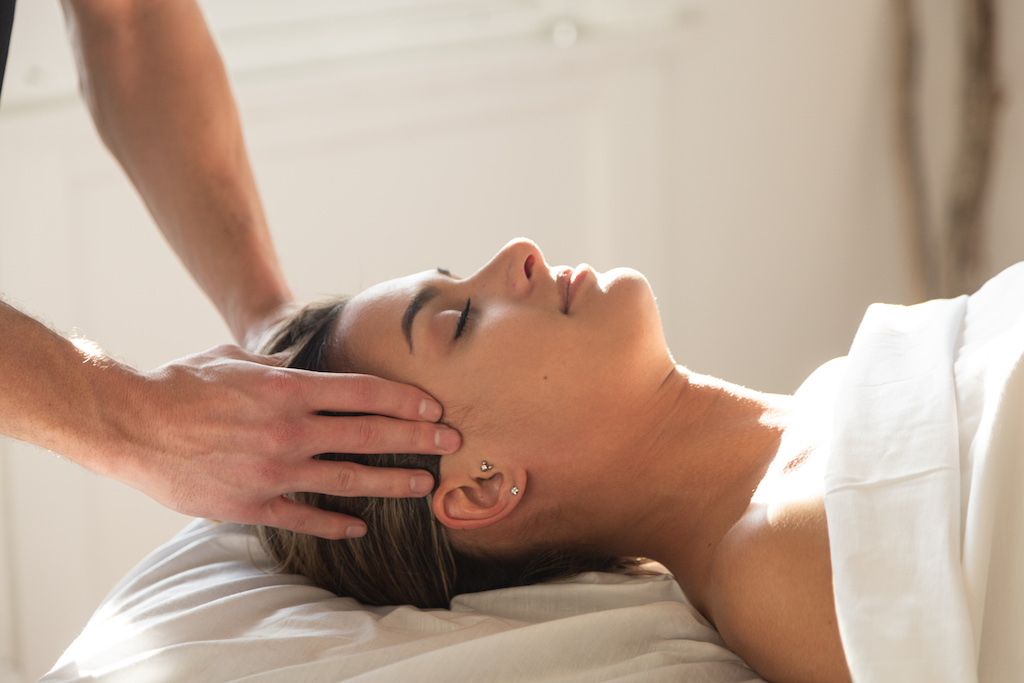Your family have told you, your friends have told you, your boss has told you – even you have told you. Sleep is incredibly important, and you’re very likely not getting enough of it.
 A good night’s sleep will leave us feeling rested and renewed the next morning. This is a fact, but as far as we can tell, it isn’t a common reality for a lot of people. There are a bunch of factors that determine whether or not you’ll be waking up fresh the next morning. A lot of it has to do with what comes to bed with you. By getting the bottom of why sleep is so essential, hopefully we can motivate you to get that little bit more rest.
A good night’s sleep will leave us feeling rested and renewed the next morning. This is a fact, but as far as we can tell, it isn’t a common reality for a lot of people. There are a bunch of factors that determine whether or not you’ll be waking up fresh the next morning. A lot of it has to do with what comes to bed with you. By getting the bottom of why sleep is so essential, hopefully we can motivate you to get that little bit more rest.
How much does a bad sleep cost?
According to the Asleep on the Job report by the Sleep Health Foundation, an estimated 7.4 million Australian adults did not get enough sleep in 2016-17. A number like this translates across the workplace environment – overtiredness, lethargy and daytime sleepiness contribute to a lack of productivity, which affects economic success. Being tired cost the Australian economy $26.2 billion in 2016-17.

Outside the cost of your workplace, being tired comes at a personal cost. Nobody feels motivated when they’re tired, and this lack of motivation means that not only are you less likely to complete tasks, but you’re more apt to spend money. Tired people will spend more on takeout food, delivery services, a cleaner or other services. While these may seem like small, temporary transactions to get us by when we’re too fatigued to function, with continually bad sleep it all adds up.
How does bad sleep affect my health?
Sleep and health have a very codependent relationship: good health = good sleep, and good sleep = good health. It’s a delicate balance, and as soon as one slips, the other follows. It could be something as minor as a cough that’s keeping you up and night, or it could be something more serious.

Sleep is critical to our health. It is the time our body goes through its most rigorous healing process. Cells are at their most productive and restorative when we are in the depths of sleep. Neglecting shut-eye means that you are neglecting your body’s main opportunity to repair itself, inside and out. Our skin, muscles, organs and nerves renew when we’re asleep. We exercise brain power during this time too, especially during REM sleep. The better you sleep, the longer you’ll live. That’s a pretty good reason to catch some Z’s.
Why aren’t you getting enough sleep?
Feeling stressed, irritable or anxious means you’re likely not going to sleep very well. If you’ve eaten cheap takeaway, had a couple too many drinks, or been staring at a screen in the hours leading up to hitting the hay, your sleep might not be too much better. Experiencing pain, discomfort, or soreness of any kind makes finding a comfortable position hard, and made worse when you keep waking up throughout the night. If you have things on your mind – money, deadlines, relationships, bad news – then you might not get any sleep at all.

These things aren’t good or productive for our sleeping patterns, but we have to remind ourselves that they’re very human things to experience and that it’s okay to feel like this. It just means that when we go to bed not feeling our best (for whatever reason), we’re not going to be able to work to our maximum potential the next day. We have to acknowledge our bad habits or poor decisions before we can change them.
Underlying conditions that affect sleep patterns
Sometimes it doesn’t matter how good our day was or how much chamomile tea we’ve had. For some of us, certain conditions make sleep a difficult thing to balance. Addressing the cause of our poor sleep is essential in regaining a healthy sleep pattern. If your brain isn’t letting you sleep due to anxiety, depression or other mental health conditions, it might be time to seek some professional advice. There are also a number of diagnosed medical conditions that directly relate to sleep, including:
- Insomnia
Insomnia is otherwise known as sleeplessness and is a condition wherein sufferers have immense trouble falling asleep. It can be a debilitating condition that affects mental health, mood and behaviour.
- Hypersomnia
In contrast, hypersomnia is a condition wherein the affected person sleeps far more than usual. Excessive daytime sleepiness and prolonged nighttime sleep are characteristic of hypersomnia. Hypersomnia affects productivity, concentration, mood and behaviours.
- Night terrors
This is a condition that predominantly affects children, however adults in the 20-30 year age range are also susceptible to this condition. Night terrors or sleep terrors generally occur in first hours of non-rapid eye movement (NREM) sleep and is characterised by intense feelings of dread. Nightmares and sleep paralysis are associated with this condition.
- Obstructive sleep apnoea
Obstructive sleep apnoea (OSA) refers to difficulty regulating breath during sleep. People who experience OSA have a very disruptive sleeping pattern as the brain signals a lack of oxygen, causing the body to panic and jolt awake to initiate breathing again.
- Central sleep apnoea
Central sleep apnoea (CSA) is a condition wherein the ability to breathe is significantly diminished during sleep, or not present at all. CSA causes sufferers to miss breathing cycles, creating unbalanced breath. CSA affects the oxygenation of blood and can lead to hypoxia.
- Restless legs syndrome
As the name suggests, restless legs syndrome (RLS) is a condition wherein the sufferer has an irresistible urge to move their legs. It is considered a sleep condition as it hinders the ability to fall asleep. RSL doesn’t necessarily have a trigger, such as pain or inactivity; it often just exists as an indescribable, frustrating need to move the legs.
- Narcolepsy
Narcolepsy is similar to hypersomnia in that is is a subset of excessive daytime sleepiness. Narcoleptics experience strong urges to nap throughout the day, and these naps can last minutes or hours. Narcolepsy may occur in conjunction with other conditions like cataplexy, sleep paralysis and hallucinations.
How can I get a better night’s sleep?
No one is going to have that perfect, restful sleep every night, no matter what they tell you.

However, there are some little things you can do to maximise the quality of your sleep and ensure that you’re making the most of your potential.
- Switch off – No technology, no emails, no digital devices after a certain time. Set boundaries for yourself and stick to them. It’s easier and more liberating than you think.
- Eat healthier – You don’t have to restrict yourself to an exclusive kale and walnut diet, but you should try and eat more fresh veggies to get the vitamins and minerals your body craves. Ensure you’re getting enough iron and B12.
- Try exercising – Even if it’s just walking to the train station instead of driving, or pulling out a yoga mat. An active body needs better rest.
- Meditate – Allow thoughts to come and go, freeing your mind from whatever is absorbing it. Perfect any time, anywhere.
- Wind down – Let yourself read a book, watch one episode, do something you like and something that relaxes you. Don’t deny yourself things you enjoy, but don’t let them eat into your sleep either.
- Try a massage – You’ve got nothing to lose and everything to gain. Massages are a brilliant way to soothe the mind and the body at the same time. Here’s how massage can help you sleep better.
- Journal – Get all those feelings out. You can keep the pages or toss them after – it doesn’t matter, just get them out.
- Go outside – Get some fresh air, feel the breeze on your skin, listen to the earth for a while. If it’s a clear night or cool outside, crack the window and get snuggly.
- Stop beating yourself up – Negativity kills everything, so switch out your self-deprication for affirmations and gratitudes. Find the good things that send you to sleep smiling.
- Try a bedtime brew – We mentioned chamomile tea, and that’s great. Warm milk or any other caffeine-free beverage works as well. Some people prefer warm drinks while others like them cold. Stay hydrated and find what works best for your body.
- Invest in a humidifier – This allows the nasal passages and lungs to take in clean, moist air. A humidifier is especially great for those with allergies, asthma, or if you are sick.
- Try essential oils – Scents like lavender have the capacity to soothe the mind. Find your favourite scent and pop it in a diffuser for satisfying scents all night long. Try peppermint, lemongrass, frankincense, or bergamot.
We know all of this sounds great in theory. In reality, it can be really hard to overhaul your life and give yourself a new routine.

So start slow, start small. At least a massage therapist from Blys does all the hard work for you.
“Absolutely amazing experience. Odiy was so professional and had magic hands. I suffer from insomnia and after not sleeping for 3 nights I slept like a baby after my massage.” – Amanda
